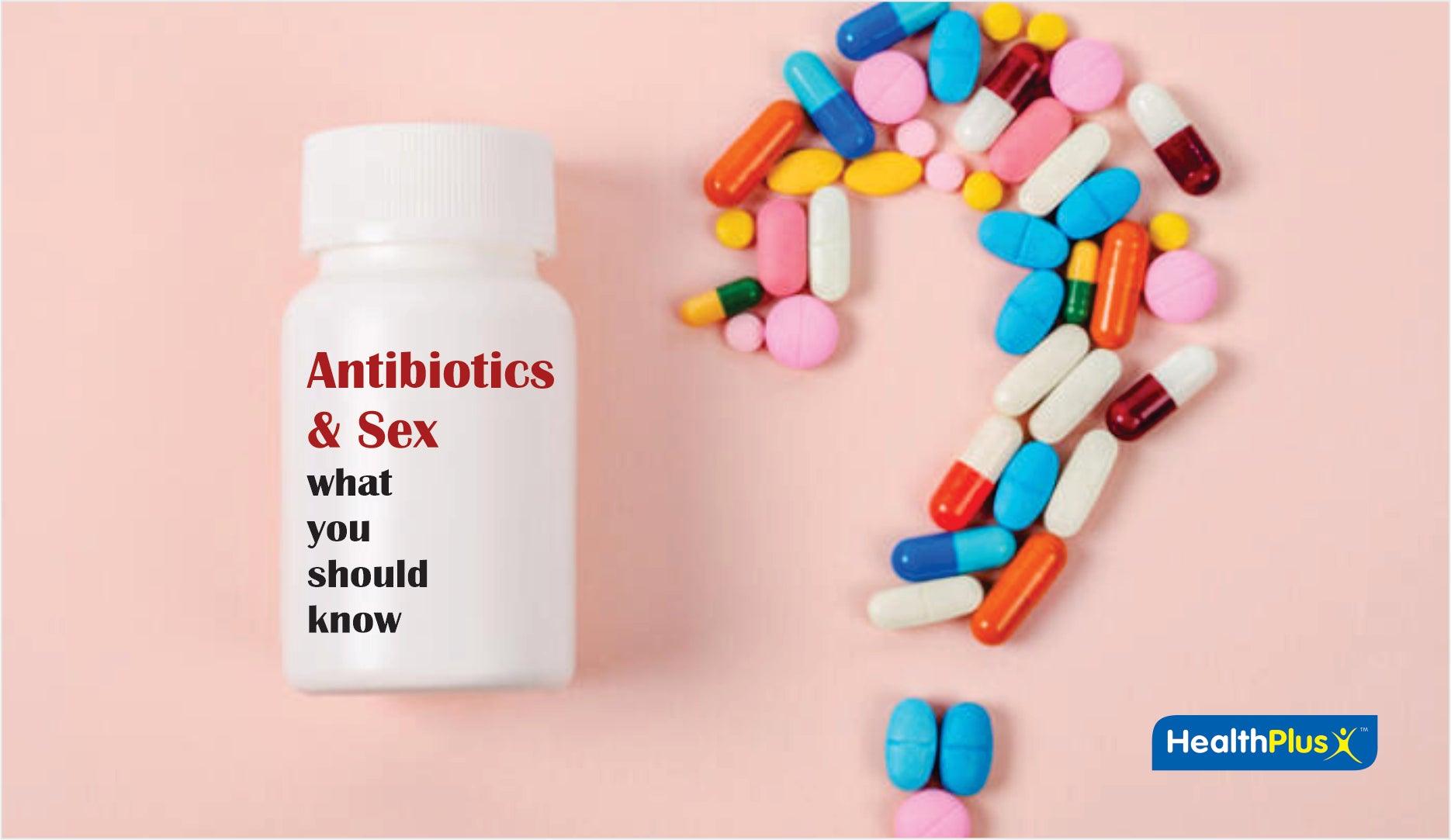"I want to buy Beechams to wash out sperm from my body."
"Please give me antibiotics. I just had unprotected sex."
"My friend says I should buy antibiotics to prevent pregnancy."
These are requests that you may have made or heard others make at the pharmacy.
A lot of people believe that antibiotics should be used after unprotected sex. This is because they are afraid of sexually transmitted infections (STIs). Some people also believe that antibiotics can be used as contraceptives to prevent pregnancy. Is this true?
Firstly, what are antibiotics?
Antibiotics are medications used to fight infections caused by bacteria. They treat infections by killing or decreasing the growth of bacteria.
There are many classes of antibiotics. Certain types of antibiotics work best for specific types of bacterial infections, and they come in various forms such as tablets, capsules, liquids, creams, and ointments.
As such, antibiotics cannot prevent pregnancy. It is not a birth control method.
Therefore, antibiotics should not be used to prevent STIs because of serious concerns about antimicrobial resistance. Antibiotic resistance arises when particular antibiotics can no longer control or kill bacteria.
Taking medicine and subsequently contracting an infection that develops resistance to it quickly, could increase the rate of resistance to that drug, which means that in some cases, there are no effective treatments for some infections in some circumstances.
You do not want to be in that kind of situation!!!
Healthcare professionals treat STIs based on your symptoms, the findings of laboratory tests, or both. Because STIs don't usually create symptoms (but can still cause long-term harm or problems), people who have sex that puts them at risk should test frequently and treat any STIs discovered as soon as possible. It's also important to make sure that recent partners are also treated.
Antibiotics and Sex
It is also important to note that not all STIs are caused by bacteria. Other infections, like herpes, hepatitis, HIV, and human papillomavirus (HPV) are viral infections and would not respond to antibiotics.
To reduce your risk of STIs, please note the following:
- Be sure that your partner is infection-free
- Get tested regularly. Keep in mind that you can have an STI even if you don’t have any symptoms.
- Always use a condom during all sexual encounters, including vaginal, oral, and anal sex
- If you think you or your partner may have an STI, stop having sex and get treated. Don’t resume sexual activity until you are positive the infection is gone.
Bottom line
Antibiotics and sex contraception are two different things. There are various methods you can use to prevent getting pregnant. Always speak to a healthcare professional if you are in doubt as to what to do when you have unprotected sex.
To learn more about your sexual Health, click HERE to speak to a Pharmacist.

